The European Parliament and European Union (EU) member states have just approved relaxed regulations to increase the competitiveness of green technology industries in the old continent with China and the US.
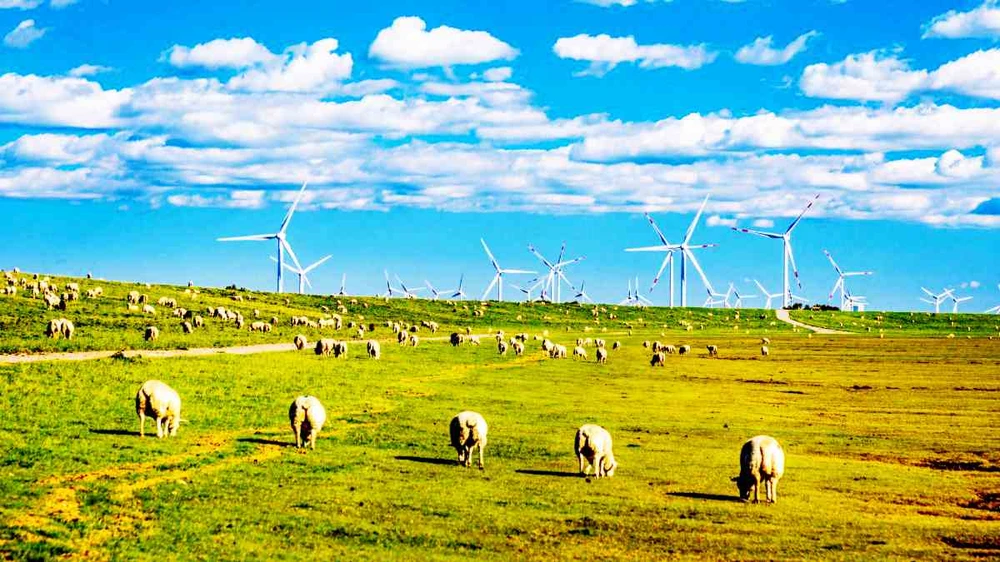
Priority production in Europe
In the context of facing many risks such as soaring energy prices, strong competition from China and the US affecting Europe's green industries, more than a year ago, the European Commission (EC) proposed proposals to enhance the competitiveness of businesses. The plan, called "Industrial plan for a green deal in the carbon neutral era", focuses on further loosening regulations on state funding for green projects as well as reducing legal constraints. This time, the loosening regulations continue in that direction. Solar panels, wind turbines, batteries, heat pumps, renewable hydrogen... are the technology fields that the EU prioritizes for the ambitious goal of achieving carbon neutrality by 2050, creating energy autonomy and escaping dependence on Russian oil and gas.
On February 6, the EC proposed targets to reduce carbon emissions by 90% compared to 1990 levels by 2040 and achieve carbon neutrality by 2050.
Brussels is backing these sectors to boost production in Europe and gain a bigger share of the clean energy market, which is estimated to triple to 600 billion euros a year by 2030. Unlike the EC's previous proposal, the new document approves the inclusion of the entire nuclear sector in the list of strategic technologies, a major victory for France and about 10 other countries that are researching and developing atomic energy to ensure carbon-free electricity supplies. However, each member state is still free to exclude nuclear energy or any other technology from the new support measures.
Don't want to fall behind
In recent years, the race for dominance in green industries has accelerated worldwide . As an early mover, China has set ambitious goals in its last five-year plan, notably creating a breakthrough in the electric car market. Other countries following suit, such as Canada, Japan, and the US, have invested hundreds of billions of dollars in green technology, causing concern in the EU. The 27-nation bloc has realized that it must act if it does not want to suffer a new wave of production relocation and fall behind in the green industry race.
MEP Christophe Grudler admitted that today, most clean technology products are manufactured outside the EU, leading to strategic dependence on third countries, such as more than 90% of solar panels installed in Europe today are produced in China. In addition, the European plan is also to deal with the state subsidy policy for green industry in China and the US.
The EU has set a target of meeting 40% of its green technology needs with products from its own factories by 2030. However, the program only provides for 1.5 billion euros (about 1.6 billion USD) of available funds such as the fund for research and development. Germany and several other major contributors to the EU budget have rejected the idea of a European sovereign fund to boost European industry and increase its attractiveness and competitiveness.
PEARL
Source


![[Photo] Unique art of painting Tuong masks](https://vphoto.vietnam.vn/thumb/1200x675/vietnam/resource/IMAGE/2025/11/14/1763094089301_ndo_br_1-jpg.webp)


![[Photo] Unique architecture of the deepest metro station in France](https://vphoto.vietnam.vn/thumb/1200x675/vietnam/resource/IMAGE/2025/11/14/1763107592365_ga-sau-nhat-nuoc-phap-duy-1-6403-jpg.webp)


















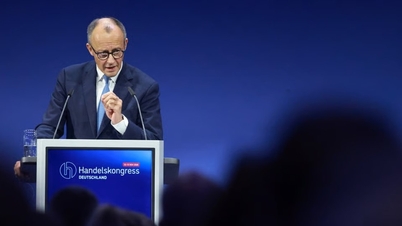










![[Photo] Special class in Tra Linh](https://vphoto.vietnam.vn/thumb/1200x675/vietnam/resource/IMAGE/2025/11/14/1763078485441_ndo_br_lop-hoc-7-jpg.webp)
















































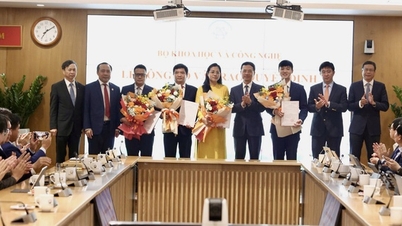

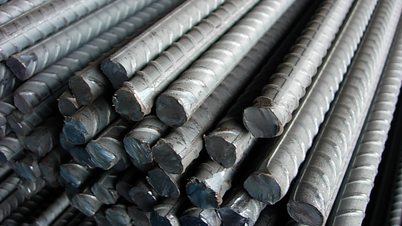





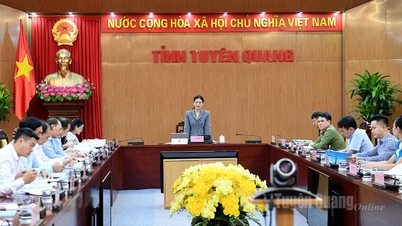
















Comment (0)